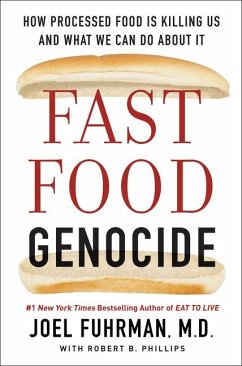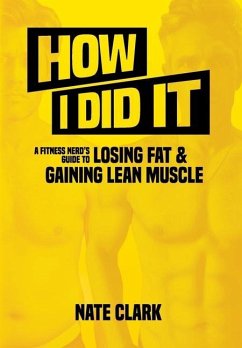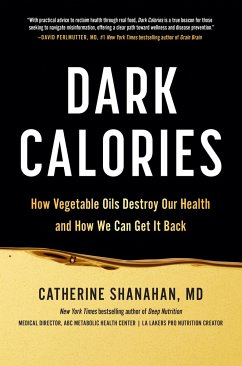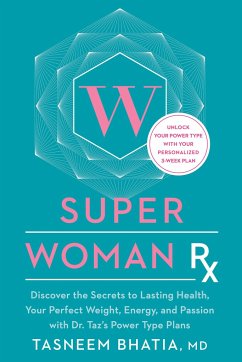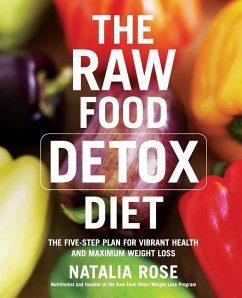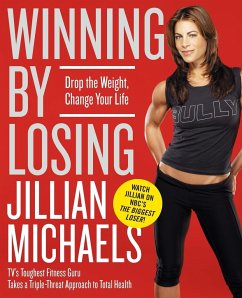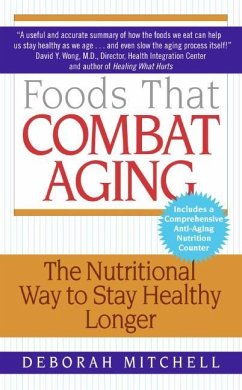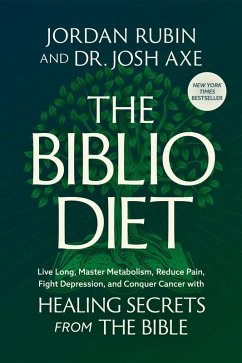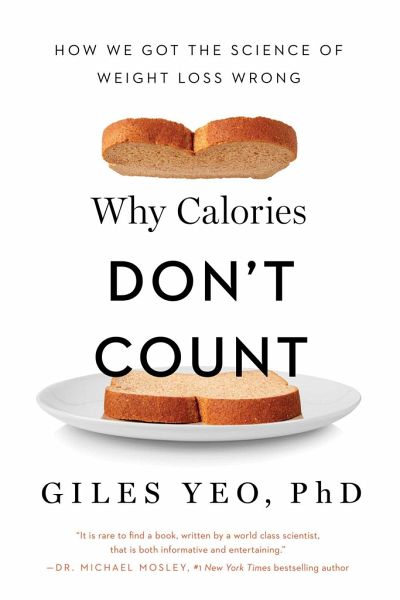
Why Calories Don't Count
How We Got the Science of Weight Loss Wrong
Versandkostenfrei!
Versandfertig in über 4 Wochen
21,99 €
inkl. MwSt.

PAYBACK Punkte
11 °P sammeln!
"Calorie information is ubiquitous. On packaged food, restaurant menus, and online recipes we see authoritative numbers that tell us the calorie count of what we're about to consume. And we treat these numbers as gospel-counting, cutting, intermittently consuming and, if you believe some 'experts' out there, magically making them disappear. We all know, and governments advise, that losing weight is just a matter of burning more calories than we consume. But it's actually all wrong. In Why Calories Don't Count, Dr. Giles Yeo, an obesity researcher at Cambridge University, challenges the convent...
"Calorie information is ubiquitous. On packaged food, restaurant menus, and online recipes we see authoritative numbers that tell us the calorie count of what we're about to consume. And we treat these numbers as gospel-counting, cutting, intermittently consuming and, if you believe some 'experts' out there, magically making them disappear. We all know, and governments advise, that losing weight is just a matter of burning more calories than we consume. But it's actually all wrong. In Why Calories Don't Count, Dr. Giles Yeo, an obesity researcher at Cambridge University, challenges the conventional model and demonstrates that all calories are not created equal. He addresses why popular diets succeed, at least in the short term, and why they ultimately fail, and what your environment has to do with your bodyweight. Once you understand that calories don't count, you can begin to make different decisions about how you choose to eat, learning what you really need to be counting instead. Practical, science-based and full of illuminating anecdotes, this is the most entertaining dietary advice you'll ever read"--



